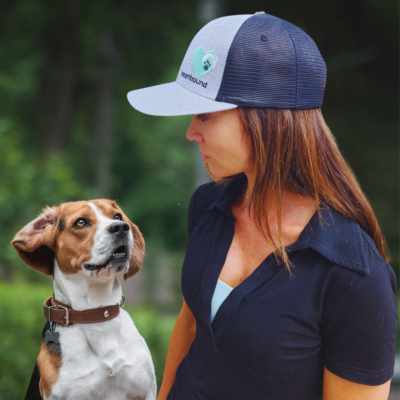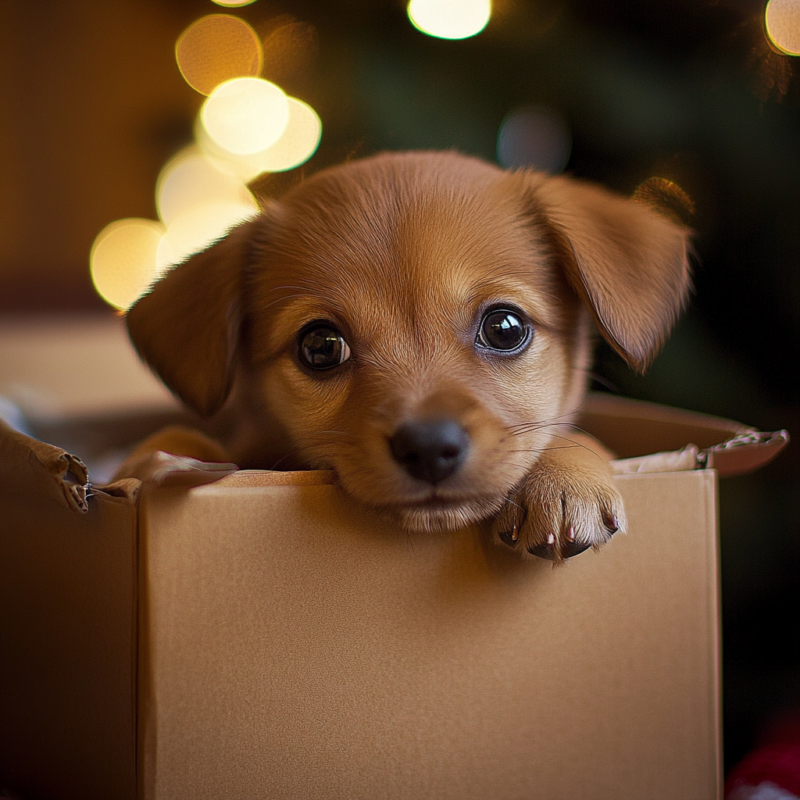
The loss of a beloved dog leaves a void that can feel impossible to fill. For many, the idea of bringing a new puppy into the home can be both comforting and daunting. While the joy of a new furry friend can bring light during a dark time, it’s not uncommon to feel a sense of guilt, as if you’re trying to replace a cherished companion too soon. This blog post explores the complex emotions involved in deciding whether to get a new puppy after losing a pet and offers guidance on how to navigate this challenging decision.
The Healing Power of a New Puppy
For some, the presence of a new puppy can help soften the pain of losing a dog. Puppies bring energy, joy, and a sense of purpose, which can be especially healing after experiencing the emptiness that follows the loss of a pet. Here are a few reasons why a new puppy might help during this time:
-
Companionship: A new puppy can provide much-needed companionship during a period of loneliness. The routines of caring for a new pet—feeding, walking, and training—can give structure to your day and offer a welcome distraction from grief.
-
Positive Distraction: Puppies require a lot of attention and care, which can help shift your focus from sorrow to the joys of nurturing a new life. The playful antics of a young dog can bring laughter back into your home, reminding you that life goes on, even in the face of loss.
-
Honoring Your Late Pet: Some people find that adopting a new puppy feels like a way to honor the memory of their late dog. By providing love and care to another dog in need, you can continue the legacy of your beloved pet by opening your heart to a new companion.
The Guilt of “Replacing” a Lost Pet
On the other hand, it’s common to feel guilty about the idea of getting a new puppy, especially if it happens shortly after the loss of your previous dog. Here’s why that guilt might arise:
-
Fear of Disrespecting Your Late Pet: You might worry that bringing a new dog into your home too soon is disrespectful to the memory of your late pet. It’s natural to feel that you need to fully mourn before considering a new addition to the family.
-
Comparisons: There’s often a tendency to compare a new puppy to the dog you lost. This can lead to feelings of guilt if the new dog doesn’t measure up to the memories of your late pet, or if you find yourself struggling to bond with the new puppy.
-
Pressure to Move On: Some people feel pressured by others—or even by themselves—to “move on” by getting a new dog. This can create a burden, making it hard to truly mourn and process the loss.
Finding Balance: Mourning and Moving Forward
Deciding when or if to bring a new puppy into your life after losing a dog is deeply personal. There’s no right or wrong answer, but here are some tips to help you find balance between mourning your loss and embracing a new beginning:
-
Give Yourself Time: It’s important to give yourself permission to grieve fully. Allow yourself the time and space to process your emotions before making the decision to get a new puppy. Some people need weeks, others might need months or even years. Listen to your heart and move at your own pace.
-
Assess Your Readiness: Ask yourself if you’re truly ready for the responsibility and emotional commitment of a new puppy. If the thought of a new dog brings more anxiety or sadness than joy, it might be a sign that you need more time to heal.
-
Separate the Love: Understand that loving a new puppy doesn’t mean you’re replacing your late dog. Your heart has the capacity to hold love for both your lost pet and a new one. Each dog has its own unique personality and place in your life.
-
Consider a Rescue Dog: If you’re hesitant about getting a puppy but still want to bring a new dog into your life, consider adopting an older dog from a shelter. Rescue dogs often need homes, and caring for a dog in need can be a meaningful way to channel your grief.
-
Involve Your Family: If you have other family members, discuss the decision together. Everyone’s feelings should be considered, and sharing your emotions can help you all navigate the grieving process together.
-
Create a Ritual: If you decide to get a new puppy, consider creating a small ritual or memorial for your late dog. This could be as simple as lighting a candle, planting a tree, or keeping a photo in a special place. This way, you honor your late pet’s memory while welcoming a new companion into your life.
-
Create a Memorial: Create something to remember your loved pet. A yard ornament, a candle, or something as simple as a hat. We recommend the “Heartbound” Hat from Truwnorth.

Conclusion: There’s No Right or Wrong Answer
Whether or not to get a new puppy after the loss of a dog is a deeply personal decision that depends on your unique emotional needs and readiness. Remember, there’s no need to rush into anything. Take the time you need to grieve, and when you’re ready, know that it’s okay to open your heart to a new dog.
The love you shared with your late pet is irreplaceable, but that doesn’t mean there isn’t room for more love in your life. A new puppy can bring joy and healing, but only if it feels right for you. Trust yourself and your feelings, and whatever decision you make, know that it’s the right one for you.

